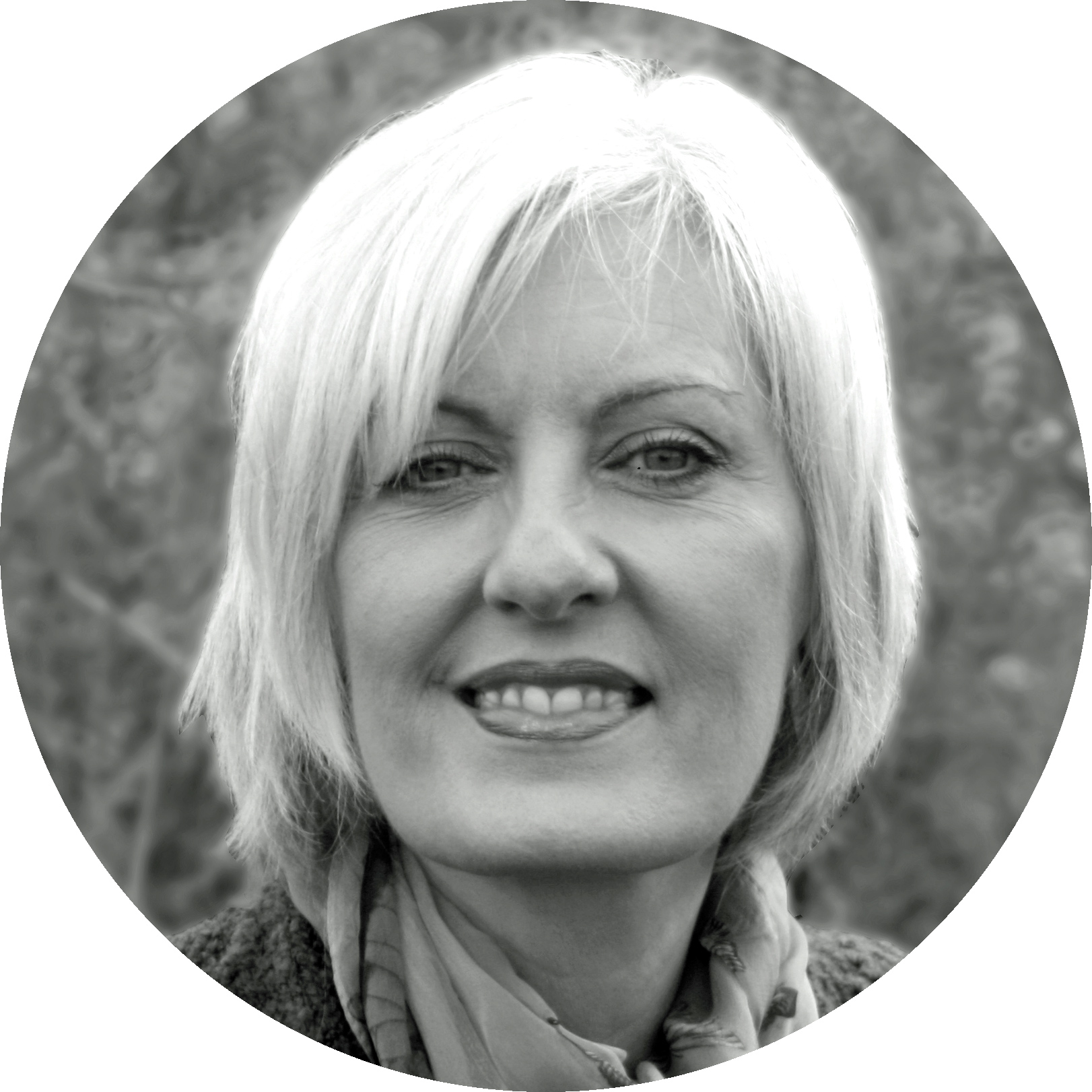The scientific case for being super busy
We complain a lot about our packed schedules, but new research suggests we should stop treating busyness as a burden, and start embracing it for our health


A free daily email with the biggest news stories of the day – and the best features from TheWeek.com
You are now subscribed
Your newsletter sign-up was successful
At some point, our lives went from busy to super busy to crazy busy. But despite our packed schedules, we still seem to find ample time to complain about how busy we are. All this busyness distracts, causes stress, and undermines our health — or so we're told. We're constantly bombarded with headlines screaming at us to Slow down! Unplug! Be mindful! We have framed the act of being busy as a burden. Busy is bad.
But in a new study, scientists found evidence that keeping an active schedule might not be so bad, after all. In fact, it might actually improve cognitive function as we age. In other words, being busy may be good for the brain.
The findings, from the University of Texas at Dallas, show that maintaining a busy schedule later in life is directly associated with increased brain activity.
The Week
Escape your echo chamber. Get the facts behind the news, plus analysis from multiple perspectives.

Sign up for The Week's Free Newsletters
From our morning news briefing to a weekly Good News Newsletter, get the best of The Week delivered directly to your inbox.
From our morning news briefing to a weekly Good News Newsletter, get the best of The Week delivered directly to your inbox.
"Often busyness carries a negative connotation, as people tend to complain about their hectic schedules," the authors write. "Yet, little scientific work has been done to empirically investigate the construct of busyness and its associations."
To fill that gap, the researchers devised a study to examine the relationship between busyness and cognition. More than 300 participants, aged 50 to 89, answered questions about their levels of "busyness," such as how busy they are on an average day and how often they are so busy they have to go to bed later than normal. Then they spent two to three hours over two days undergoing a battery of tests designed to measure various cognitive functions, such as processing speed, reasoning, working memory, and episodic long-term memory, which is memory of personal events and their context.
In one test, subjects had 45 seconds to identify whether two strings of up to nine digits were identical or different. In another, the subjects were asked to read aloud a series of words and then try to recall them afterwards.
The busyness questionnaire alone revealed some basic trends across age, gender, and education: Perhaps predictably, younger adults reported being busier than the elderly. Also, women were busier than men. In comparing levels of education, the data showed that the highly educated consistently reported the highest levels of "busyness."
A free daily email with the biggest news stories of the day – and the best features from TheWeek.com
But it was in comparing the busyness scale with the cognitive testing results where things got really interesting. Greater busyness was directly associated with higher cognition, and this was the case regardless of gender or education. And perhaps most interesting of all, the data showed that this relationship between busyness and cognitive acuity did not vary with age. A busy 89-year-old person had the same cognitive sharpness as someone almost 40 years younger.
So can we say that living an active lifestyle after 50 means better brain function? Not quite.
"Living a busy lifestyle appears beneficial for mental function," says Sara Festini, the postdoctoral student who is lead author of the study. But it's not clear whether people with higher cognitive function seek a busier lifestyle in the first place, versus the idea that staying active results in improved brain activity. In other words, no cause-and-effect could be determined based solely on this study.
But there is a growing body of evidence suggesting activity and continued learning does positively affect the brain and memory. For instance, a 2013 study at the Center for Vital Longevity found that sustained engagement in learning new skills such as quilting or digital photography enhanced memory function in older adults. Just last year, a study at the University of Kansas Medical Center found that exercise improved brain function in older adults.
The challenge, it seems, is crafting an active lifestyle without stressing about it so much. An ever-increasing number of studies proclaim the harmful effects of stress, everything from accelerated aging to shortening lifespans to a higher risk of alcoholism and even an increase in our susceptibility to panic attacks. The list itself is stressful.
Maybe all it takes to mitigate our stressed-out reaction to being busy is a shift in mindset. The Mayo Clinic's stress management advice suggests "the positive thinking that typically comes with optimism is a key part of effective stress management." They go on to say the benefits of positive thinking include lower rates of depression, increased lifespan, greater resistance to illness, and reduced risk of death from cardiovascular disease.
Perhaps the best takeaway from this new study might be taking a second look at how we think about "busy." By acknowledging the potential benefits of an active life, busy becomes a positive — or at least not all bad.
Even though this study alone can't tell us conclusively that busyness increases cognitive function, maybe it can fundamentally shift our snarky relationship with our bustling lifestyles. Reframe crazy busy as pleasantly full. Doesn't that already sound less stressful?
-
 Switzerland could vote to cap its population
Switzerland could vote to cap its populationUnder the Radar Swiss People’s Party proposes referendum on radical anti-immigration measure to limit residents to 10 million
-
 Political cartoons for February 15
Political cartoons for February 15Cartoons Sunday's political cartoons include political ventriloquism, Europe in the middle, and more
-
 The broken water companies failing England and Wales
The broken water companies failing England and WalesExplainer With rising bills, deteriorating river health and a lack of investment, regulators face an uphill battle to stabilise the industry
